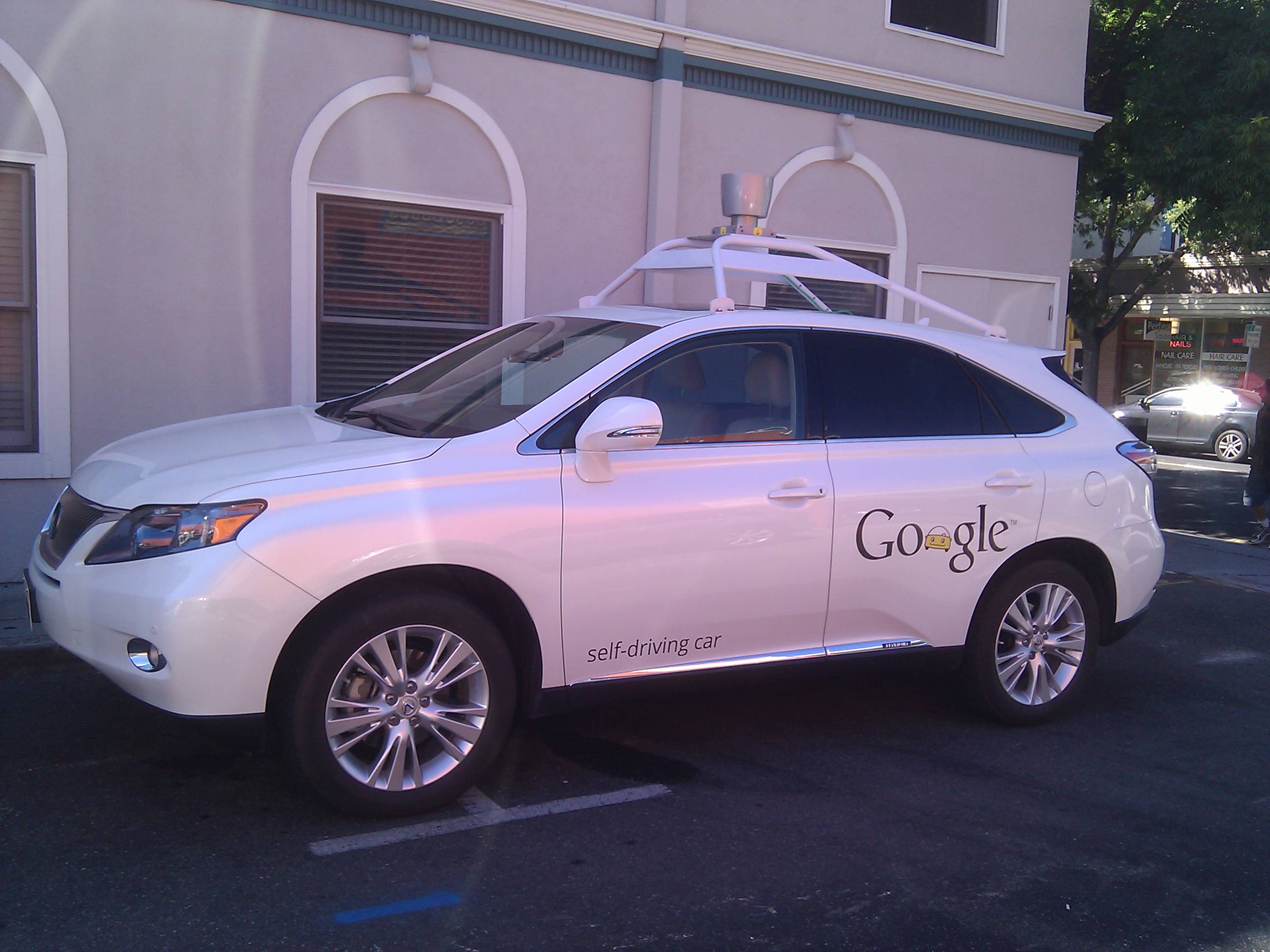
Driverless car technology – a bright vision of the future – could be marred by an ethical dilemma, suggests a new study carried out to analyze how people would like their autonomous vehicles to behave when faced with moral decisions that could also result in death.
It is claimed that autonomous vehicles, when introduced on roads, would reduce the number of accidents by as much as 90%. However, the new study suggests that such vehicles will soon require new algorithms to be developed to make critical ethical decisions for situations involving an imminent crash. For example, a driverless vehicle may face a situation where it has to make a choice to save “its own passenger to save one or more pedestrians.” Although these situations have low probability to happen, but study suggests rules would still be needed for autonomous vehicles to decide “what to do in such hypothetical situations.”
“Figuring out how to build ethical autonomous machines is one of the thorniest challenges in artificial intelligence today,” said the study carried out by Azim Shariff of the University of Oregon, Jean-Francois Bonnefon of the Toulouse School of Economics, and Iyad Rahwan of the Massachusetts Institute of Technology.
“Not all crashes will be avoided, though, and some crashes will require AVs to make difficult ethical decisions in cases that involve unavoidable harm,” the researchers said in the study.
“For example, the AV may avoid harming several pedestrians by swerving and sacrificing a passerby, or the AV may be faced with the choice of sacrificing its own passenger to save one or more pedestrians.”
In the study, a survey was also carried out by researchers in which 76% of the participants said in the event of a crash, an autonomous vehicle should sacrifice one passenger to save 10 pedestrians. However, only 23% of the participants were in favor of the idea of sacrificing the passenger when only one pedestrian could be saved.
“People want to live a world in which everybody owns driverless cars that minimize casualties, but they want their own car to protect them at all costs,” said Rahwan.
“But if everybody thinks this way then we end up in a world in which every car will look after its own passenger’s safety or its own safety and society as a whole is washed off.”
According to researchers, one solution could be creating regulations that set clear rules for when a driverless vehicle must prioritize the life of a passenger or others.
The detailed findings of the study have been published in Science Mag.


